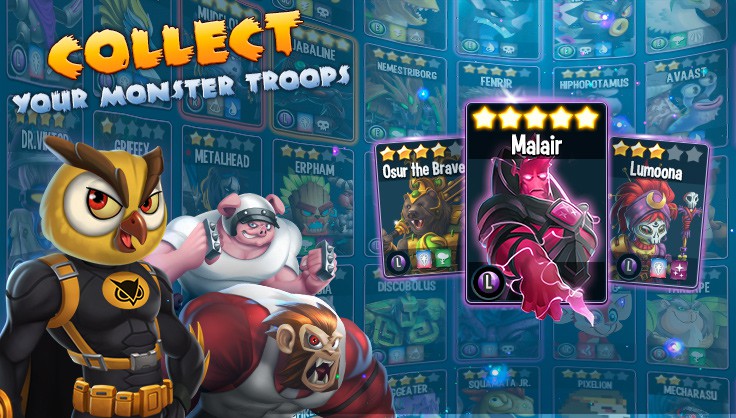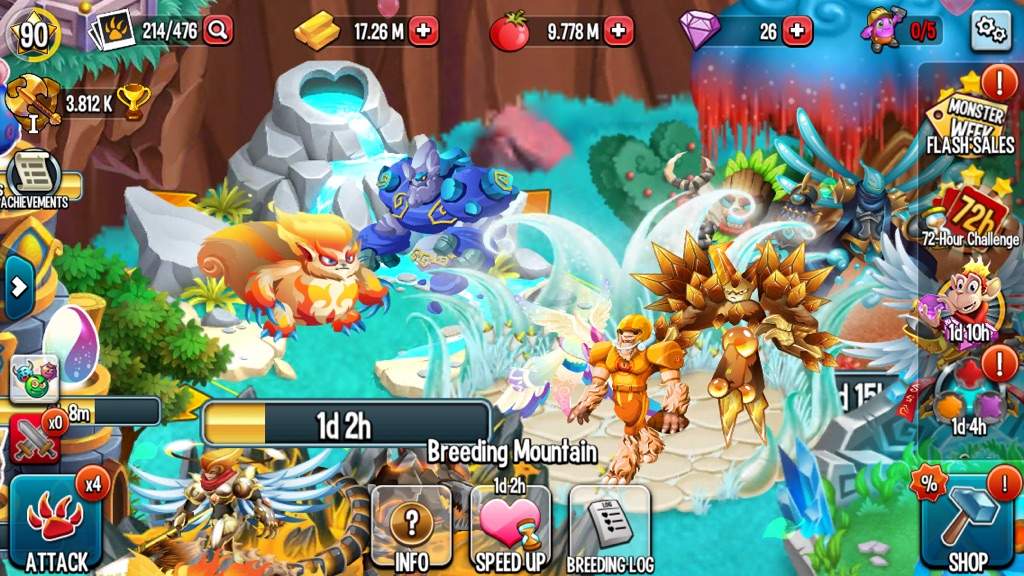

Isn't the name of a category of games, a set of games' features, or the thrust of any games' design. Keerthi Sridharan for Polygon wrote, "Games that use the PbtA label are ones that take their cues from Apocalypse World regarding any number of things: running a session zero, how dice mechanics work, or even aesthetic and design elements." Originators' Statements on PbtA Mechanics Īlthough most PbtA games contain some or all of the above features, Vincent Baker wrote that PbtA:

Those who want a more collaborative storytelling experience with fewer granular choices (and probably less math) should try PbtA games. Players looking for a sandbox or linear adventure with lots of crunchy combat will enjoy D&D in all its glorious variety. The differences really come down to crunch and conversation. James Hanna for CBR contrasted the mechanics of PbtA and Dungeons & Dragons: But the players also have extreme amounts of leeway to help shape the world and their relationships with other characters. The GM, in turn, keeps things moving and tries to preserve a modicum of continuity. In PBTA games, players roll two six-sided dice (or D6s) to determine whether they succeed or fail at tasks set for them by the game master.

Character classes have access to a number of class-specific moves.Įmily VanDerWerff for Vox highlighted that: Likewise, "miss" often means a negative outcome that moves the narrative forward, rather than "nothing happens." Partial success often means "success at a cost," where players must select an additional negative outcome as the price of success. Success levels fall on a scale of total success, partial success, or miss. Moves are resolved by rolling two six-sided dice and adding any relevant modifiers. Alternatively, Apocalypse World has a "seize by force" move, as the game assumes a setting where collecting scarce resources is part of the game-play experience. For example, in the fantasy game Dungeon World, characters have access to a hack and slash move, as combat is central to the dungeoneering experience. Powered by the Apocalypse games are typically centered on resolving what characters do as "moves." Characters have access to a default selection of moves based on the expectations of the game setting. Typical Mechanical Features in PbtA Games

Most PbtA games share some similarities in game mechanics nevertheless, the Bakers define a PbtA game not by its mechanics, but simply by its designers' decision to cite Apocalypse World as an influence. Powered by the Apocalypse (PbtA) is a tabletop role playing game design framework developed by Meguey Baker and Vincent Baker for the 2010 game Apocalypse World and later adapted for hundreds of other RPGs. Notable Examples: Apocalypse World, Avatar Legends, Bluebeard's Bride, Dungeon World, Ironsworn, Monsterhearts, Thirsty Sword Lesbians


 0 kommentar(er)
0 kommentar(er)
